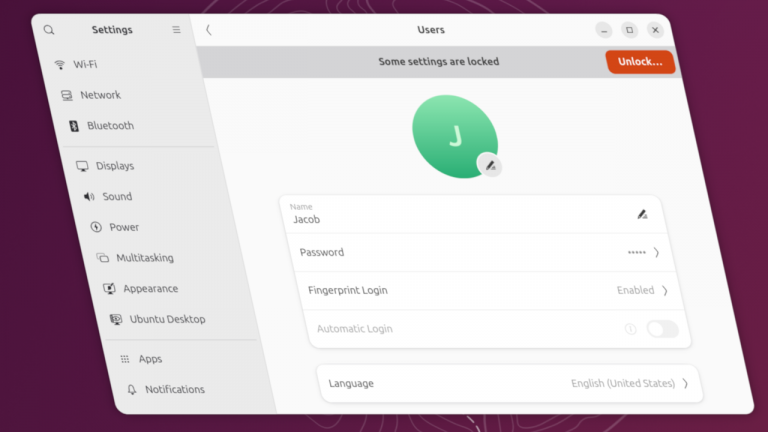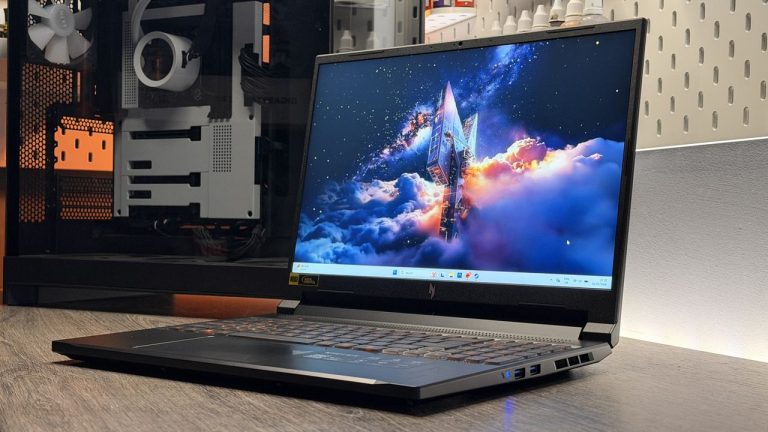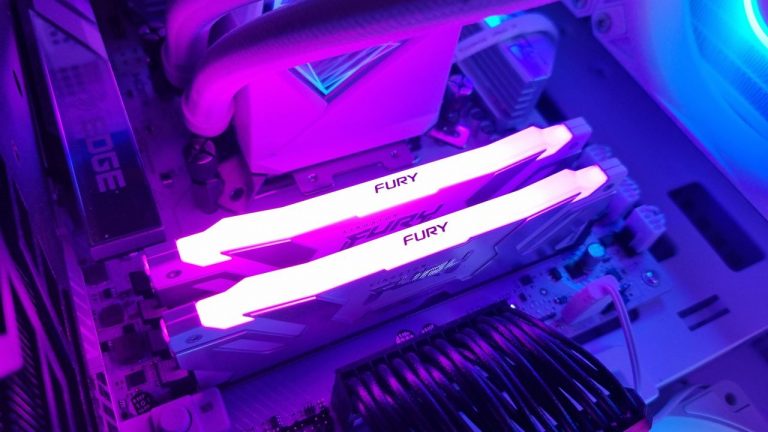OpenAI is working with a UAE investment firm, to create a deal in which the artificial intelligence research group gets all the money it needs to design and manufacture its own AI acceleration processors. With Nvidia currently dominating the market and its H100 chips in short supply around the world, OpenAI is clearly looking to join Amazon and Google in having full control over its own AI capabilities and future.
That’s according to a report by the Financial Times (via Tom’s Hardware), although rather unsurprisingly, there’s not much in the way of specific details such as the amount of investment being discussed or the timeframe for the chip development.
Back in February it was announced OpenAI CEO, Sam Altman, wanted to expand the global production of AI chips, and was chasing trillions of dollars in funding from the UAE to make that happen. His estimates apparently placed the figure at between $5 trillion and $7 trillion, quite the ask.
When asked by the UAE’s AI minister how many GPUs it could buy for $7 trillion, Jen-Hsun Huang is reported to have responded with “Apparently, all the GPUs.”
Even if OpenAI outsourced the design and testing of an AI processor to a third party, it would still need to find a manufacturer capable of producing chips to the required quality and quantity. All of that could take years and in the meantime, OpenAI would still have to rely on AMD, Intel, and Nvidia for relevant chips.
But I can’t imagine that MGX, the UAE investment firm in question, is unaware of this, as the company’s chairman is Sheikh Tahnoon bin Zayed al-Nahyan, who also chairs another AI development firm, and acts as the national security adviser for UAE. The country is especially keen on putting itself front and centre in the world of AI investment and has a dedicated funding system in place for such ventures.
All of the big tech companies have AI as being their number one focus at the moment, at least as far marketing goes, but pretty much every new processor that’s been launched so far has boasted an AI core of some kind. From little NPU (neural processing unit) in AMD’s Ryzen 8000-series and Intel Core Ultra chips to hulking tensor crunchers from AMD, Cerberus, Intel, and Nvidia, everywhere you look there’s some kind of AI accelerator.
(Image credit: Future)
Best gaming PC: The top pre-built machines.
Best gaming laptop: Great devices for mobile gaming.
I should imagine the deal will go through, given OpenAI’s status in the field, but whether or not it results in any meaningful success in a sensible timeframe, I’m far less certain about. Amazon and Google have shown it is possible to make a unique, dedicated AI accelerator without requiring decades of chip experience under the belt, but both started down that road many years ago.
OpenAI and MGX could find themselves burning through great sums of money but ultimately have little to show for it all in the end. While that’s a potential risk for all investments, if this one failed, OpenAI would just be back at square one: Joining the long queue for Nvidia’s biggest GPUs.












